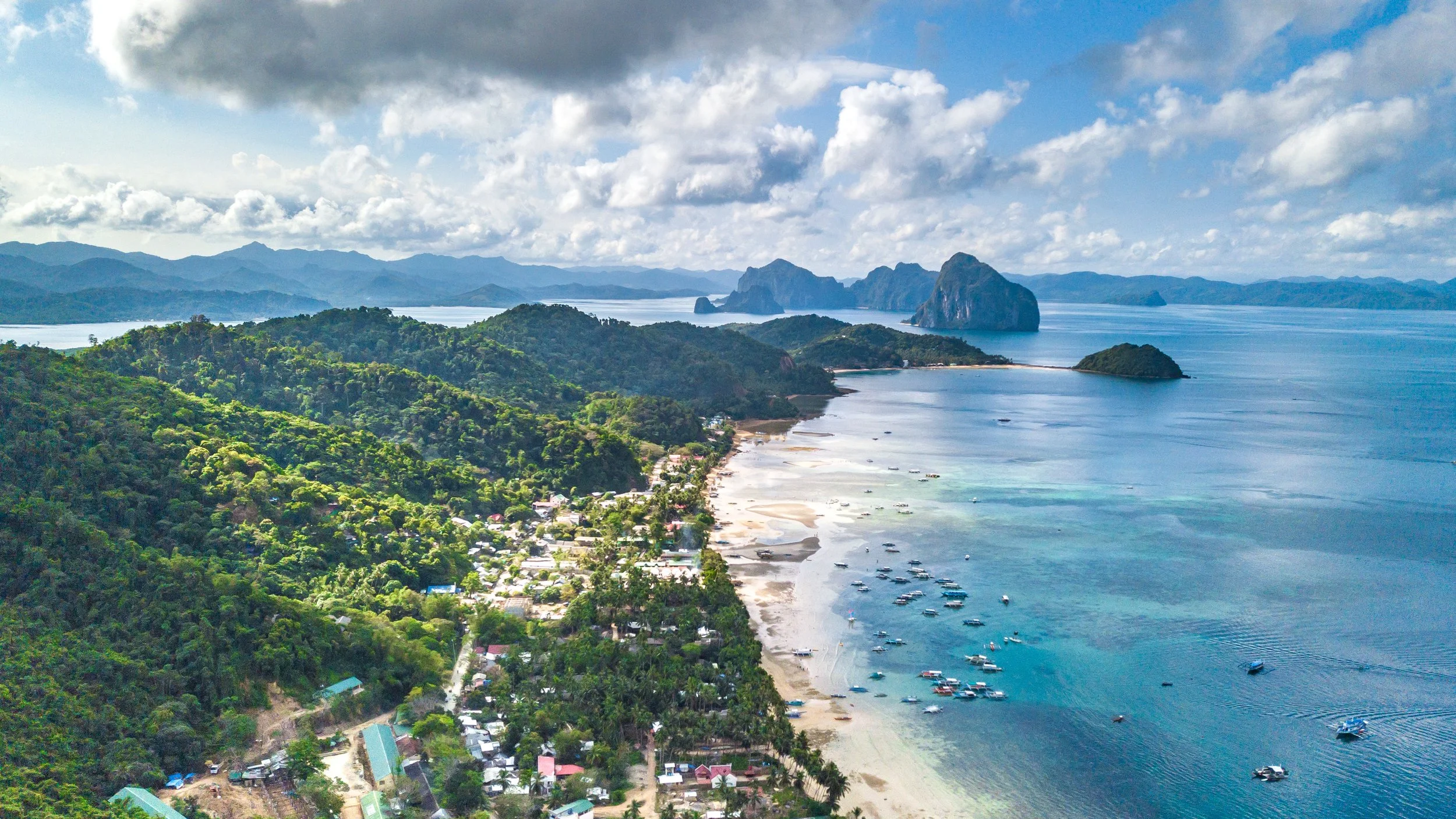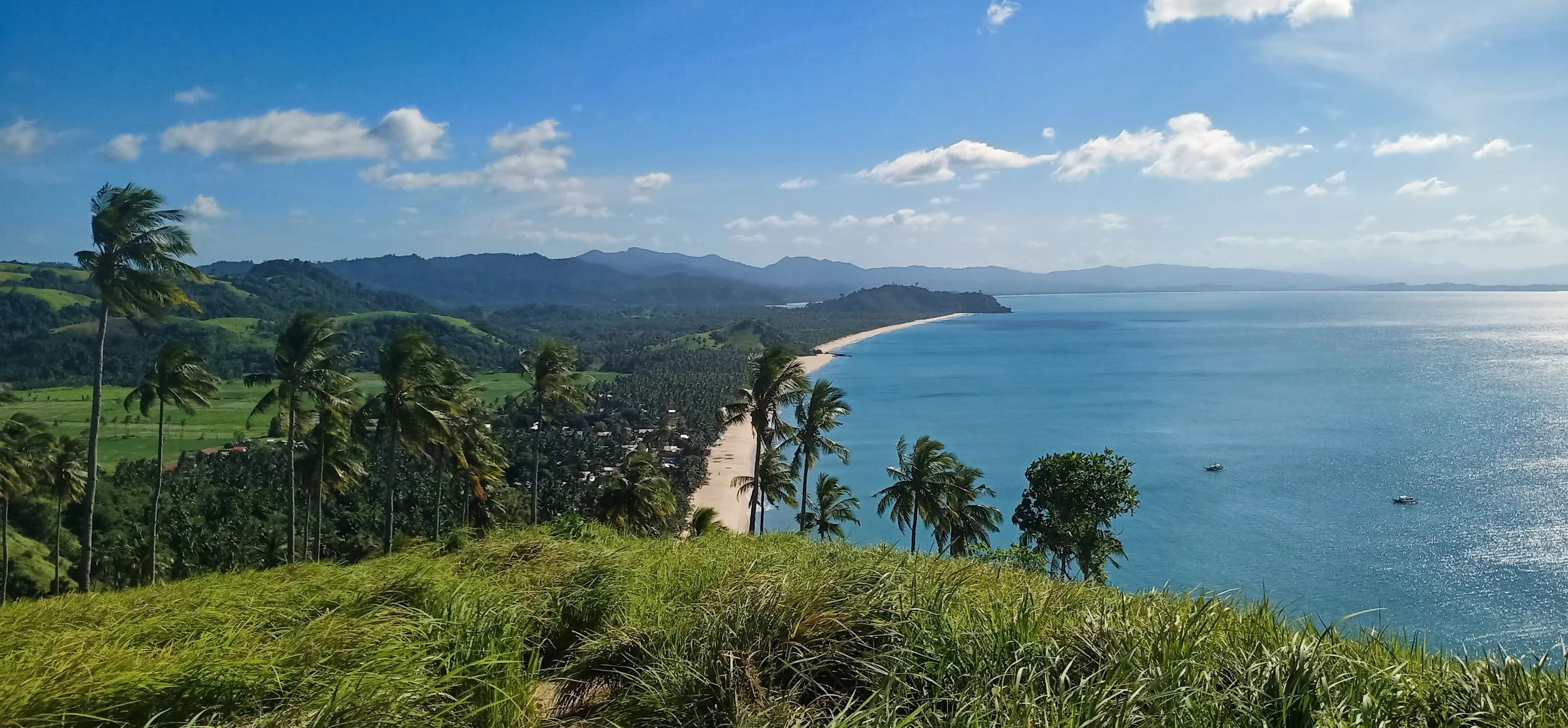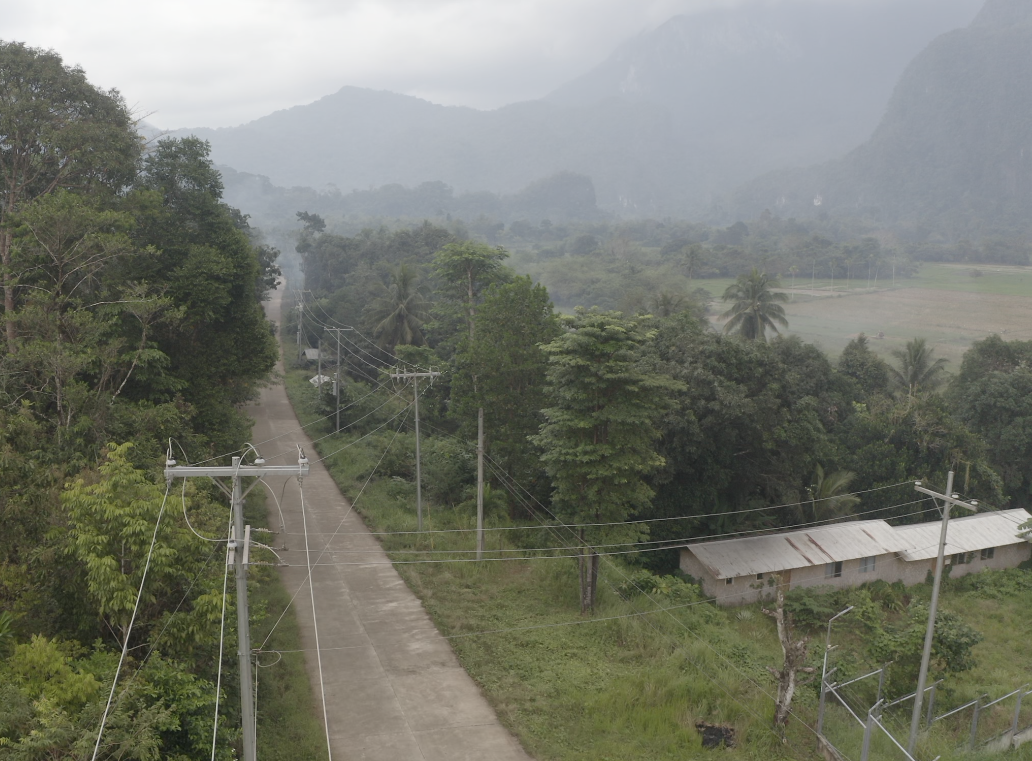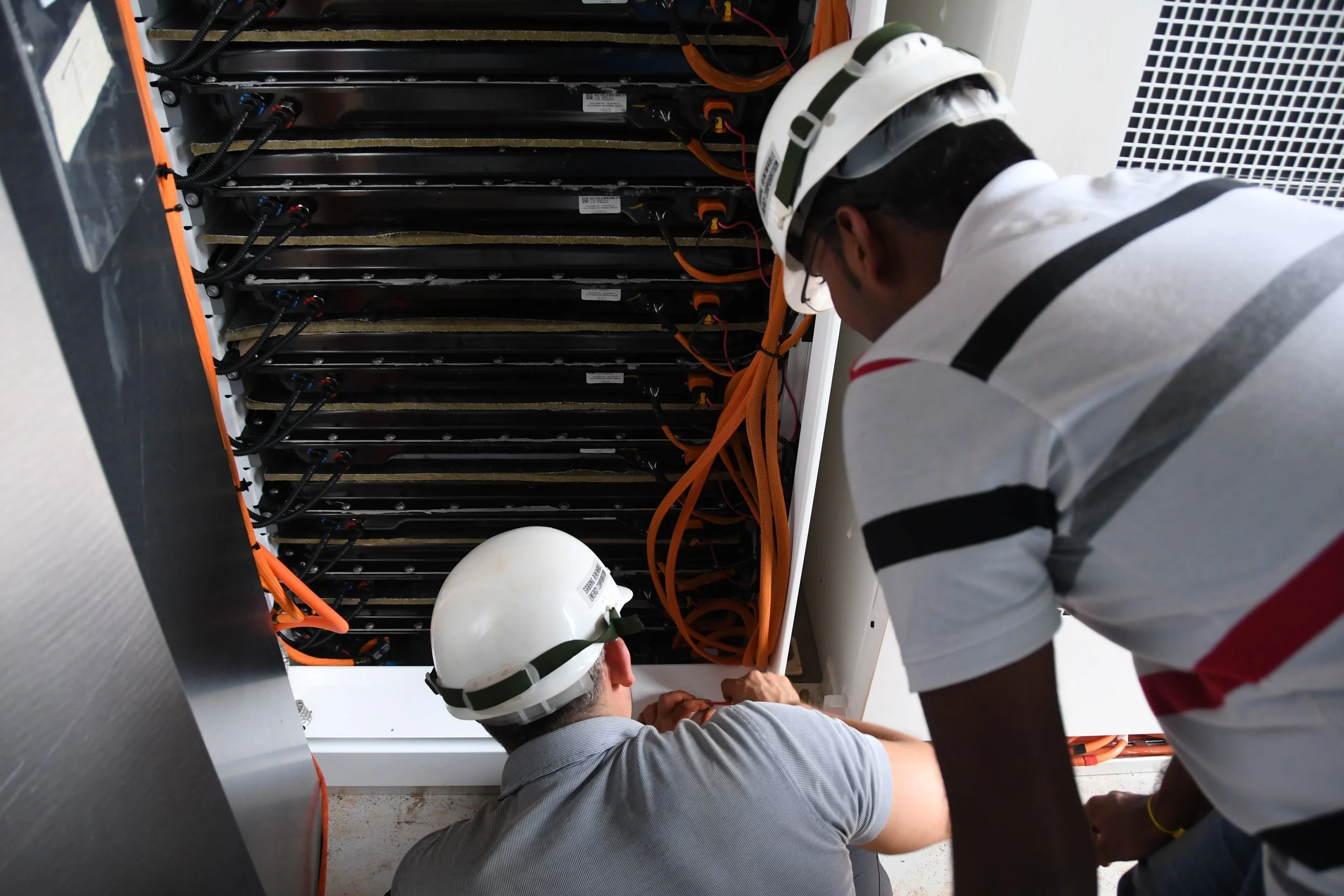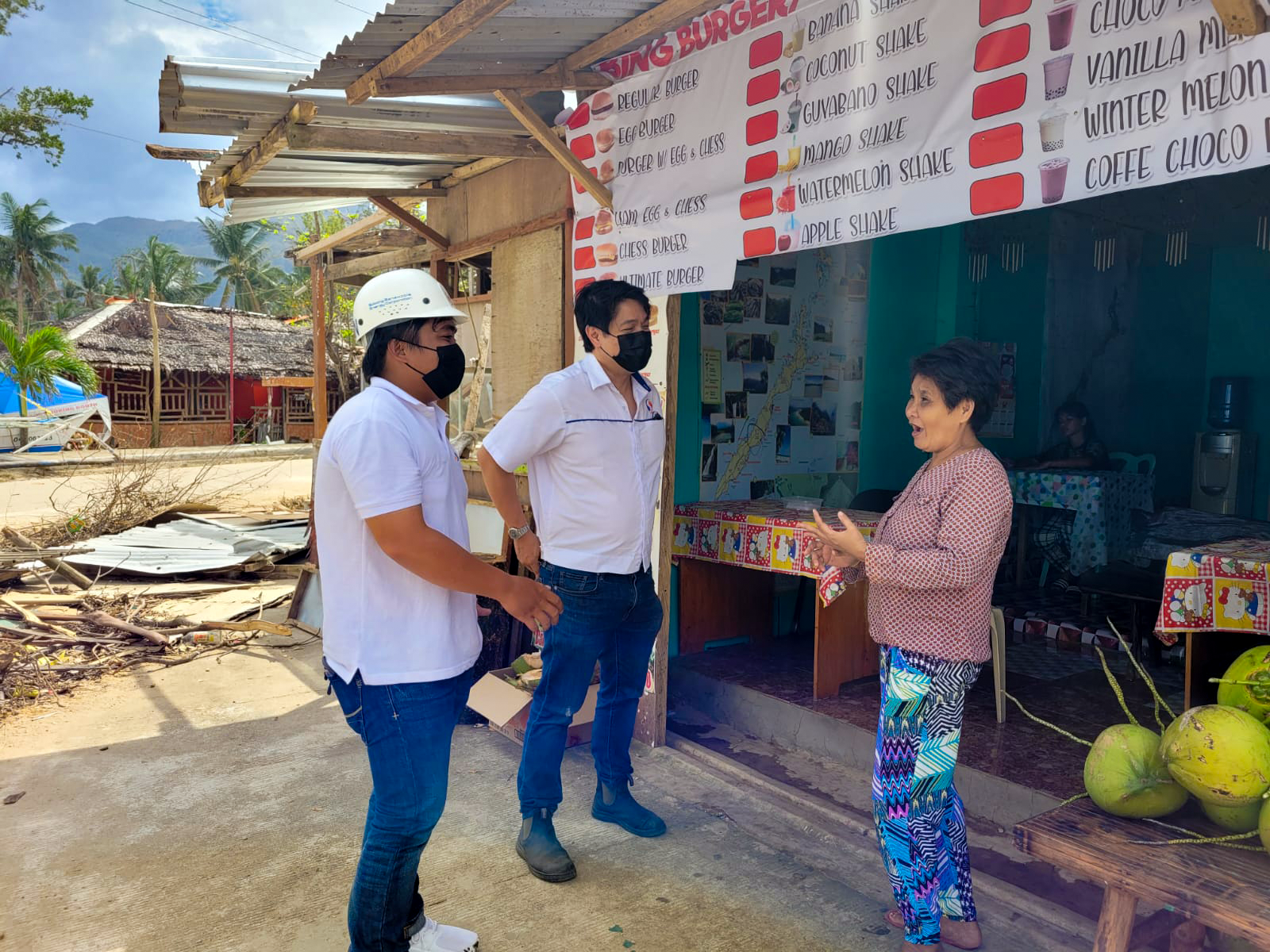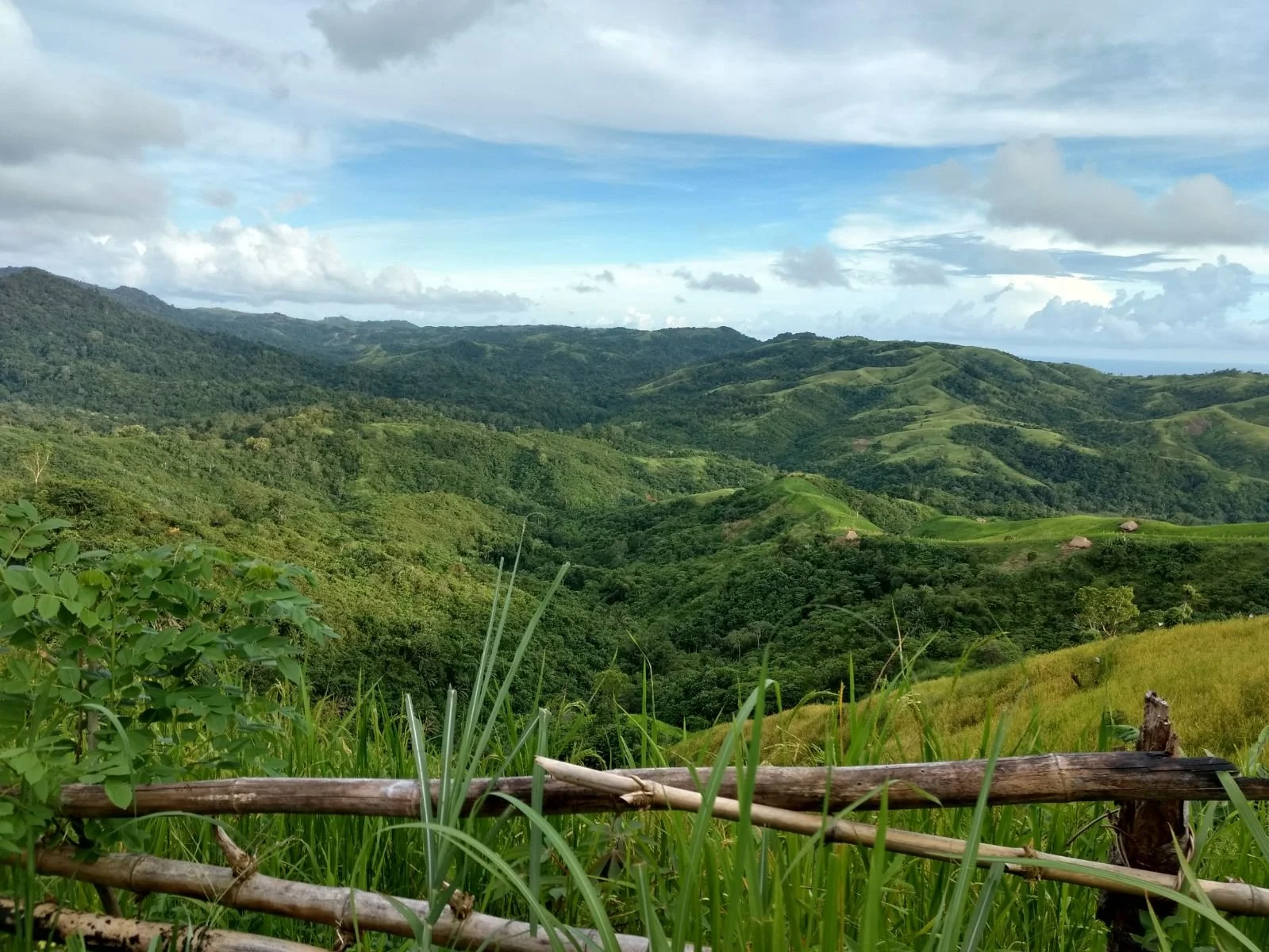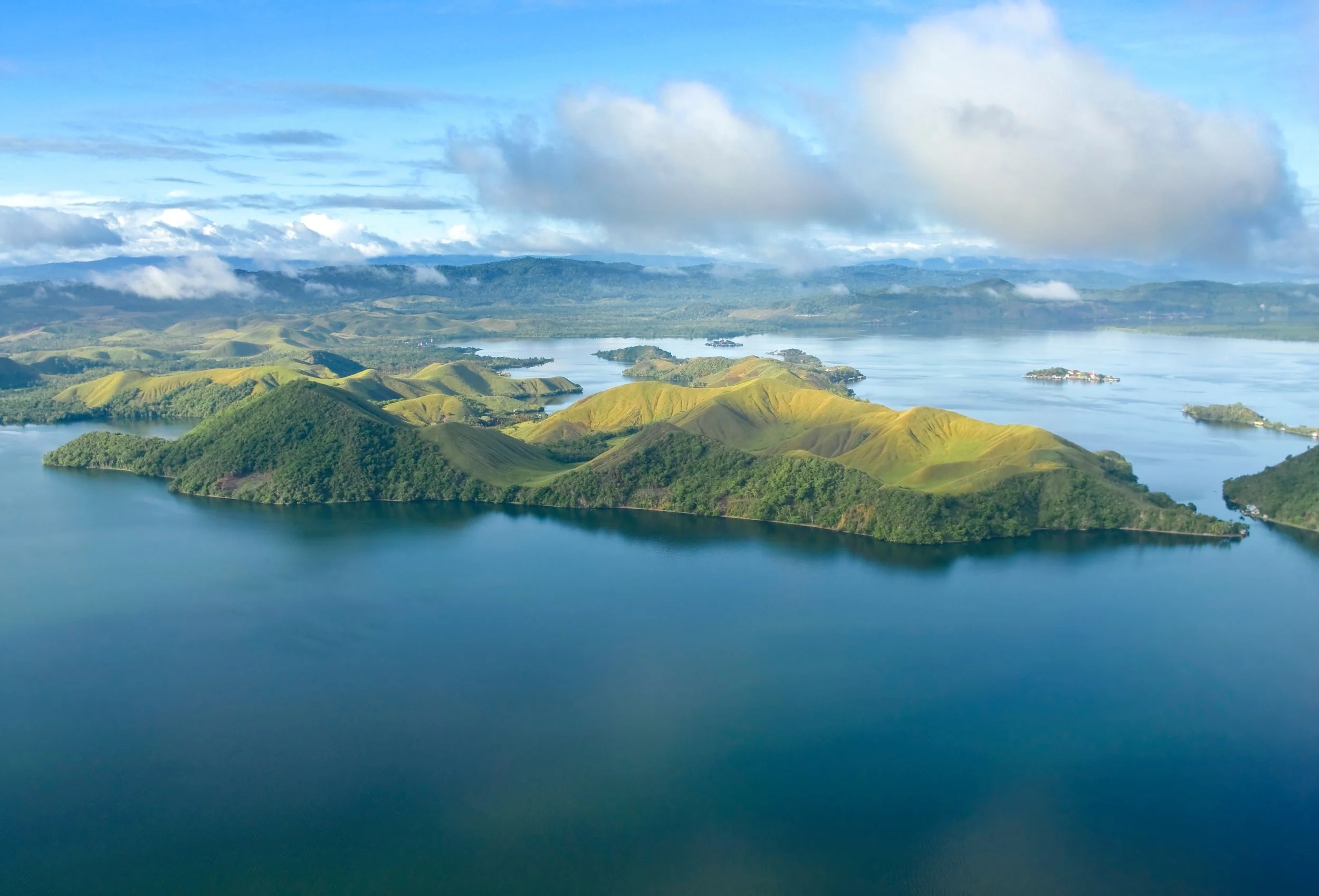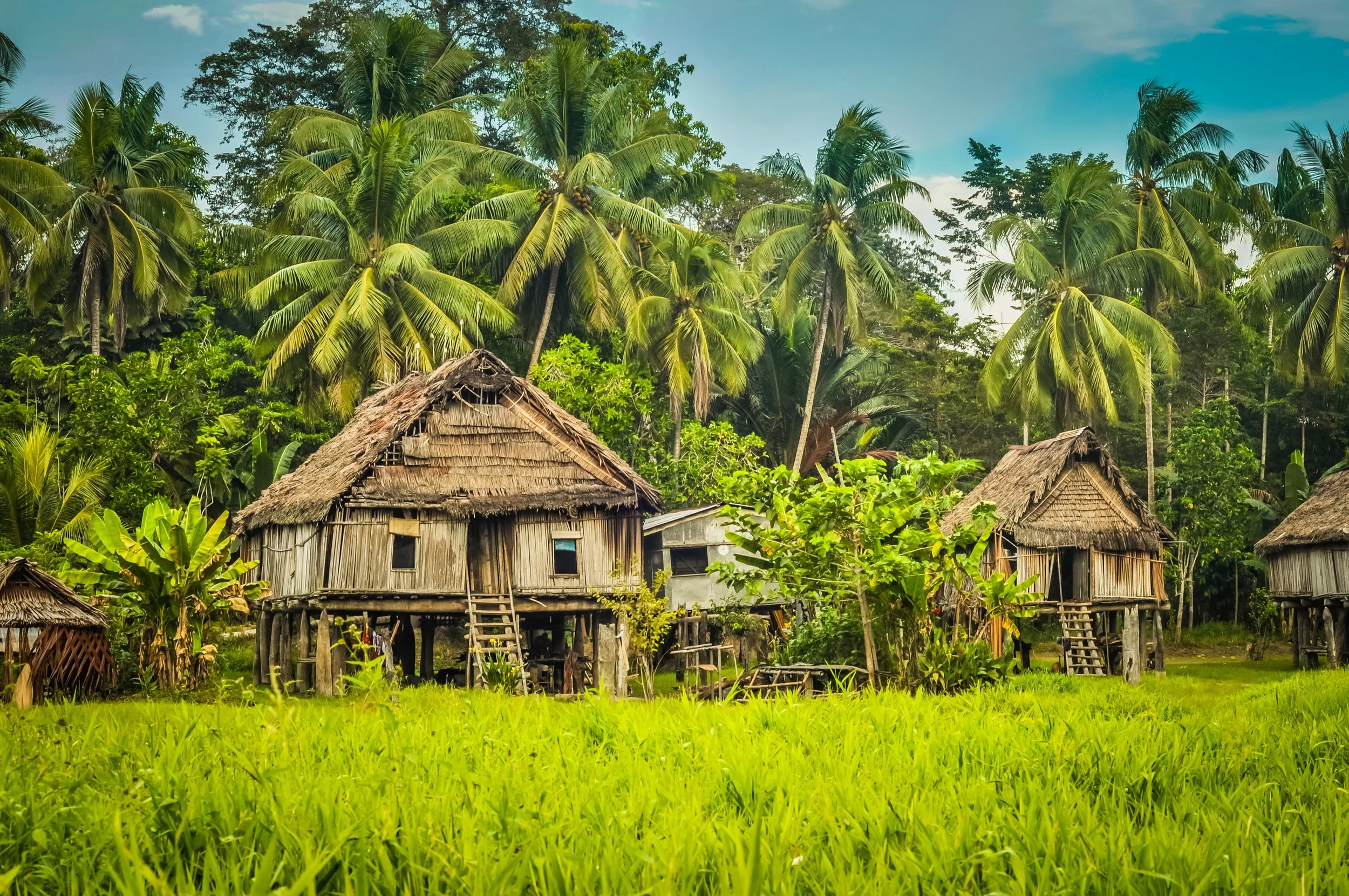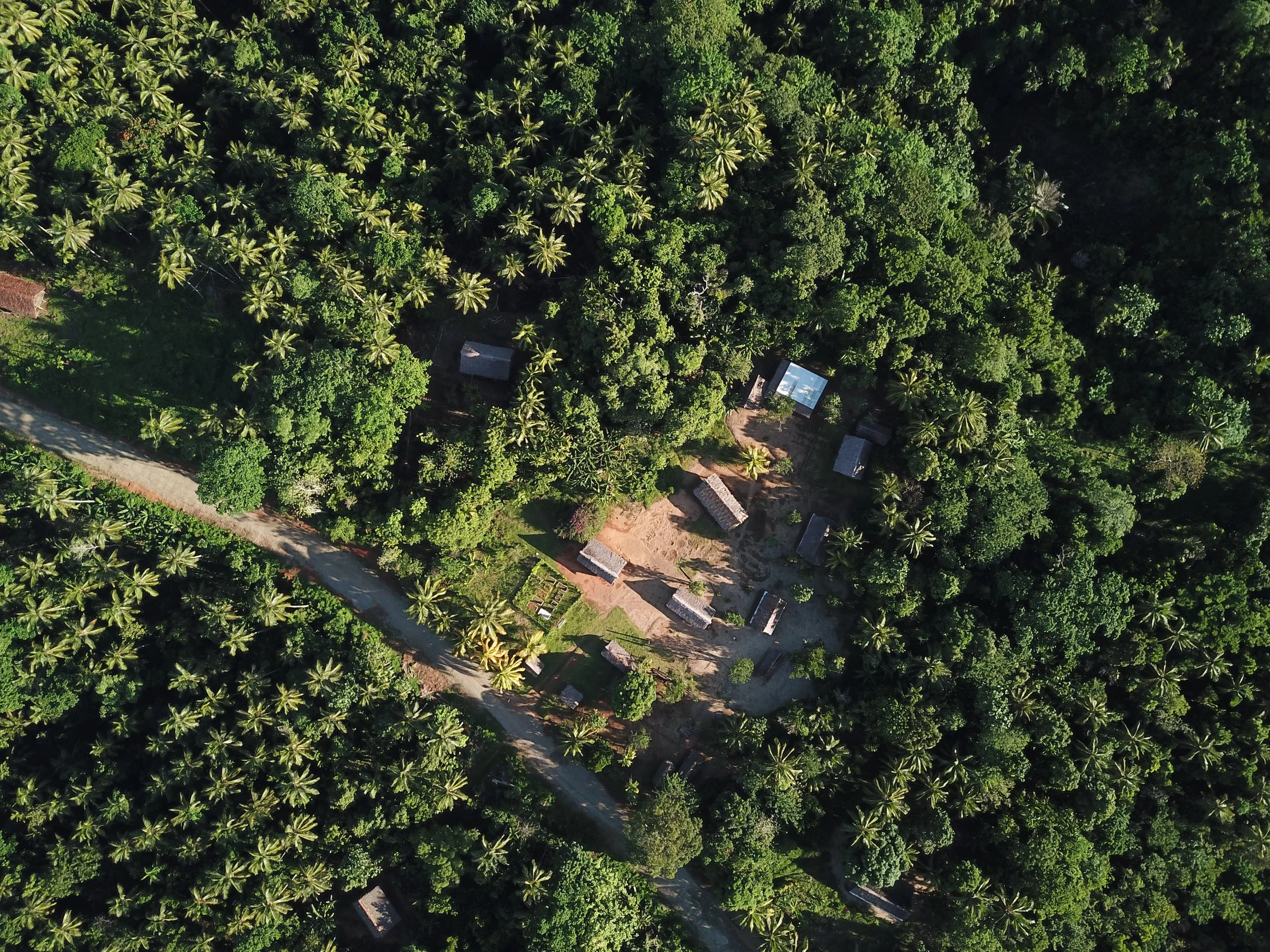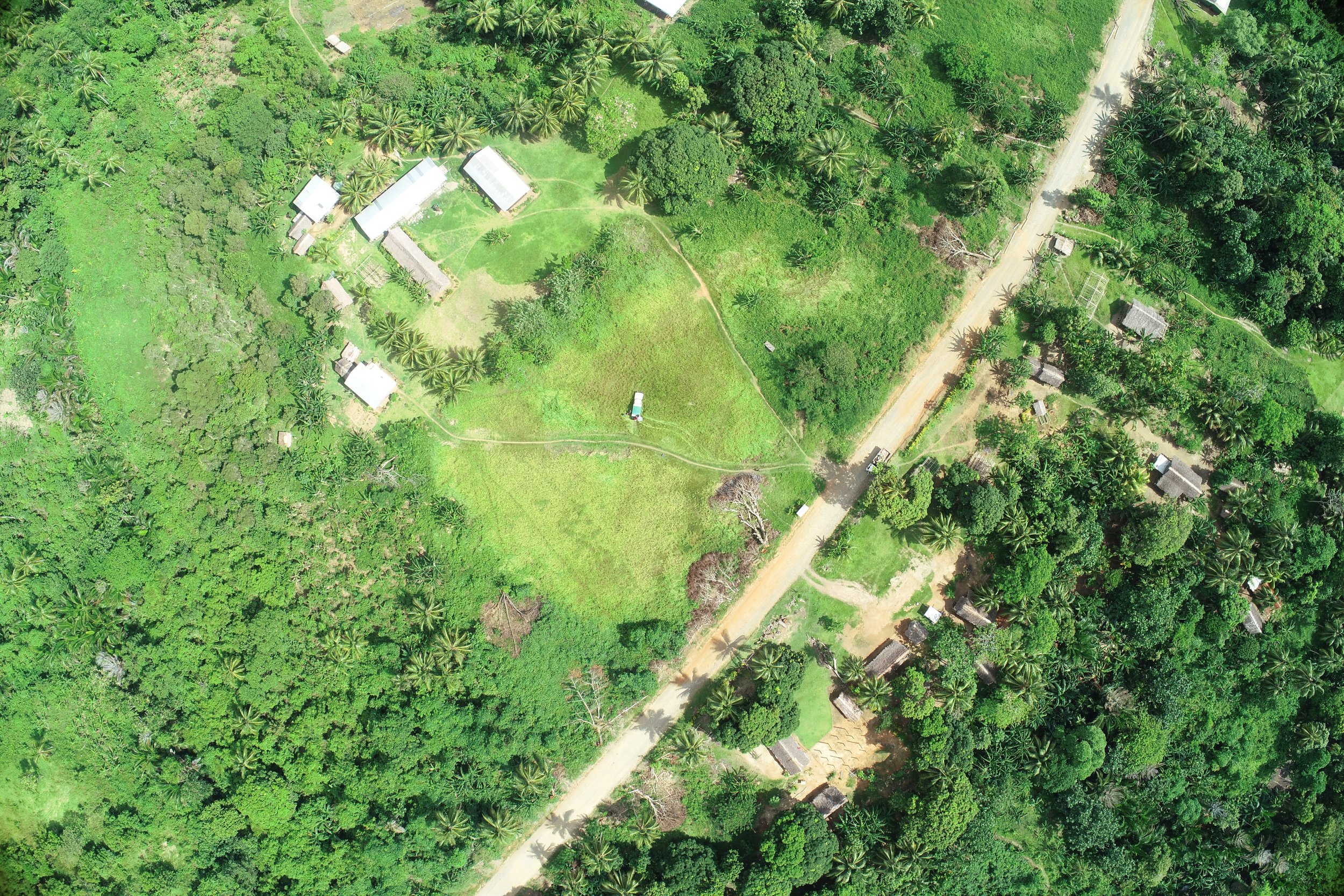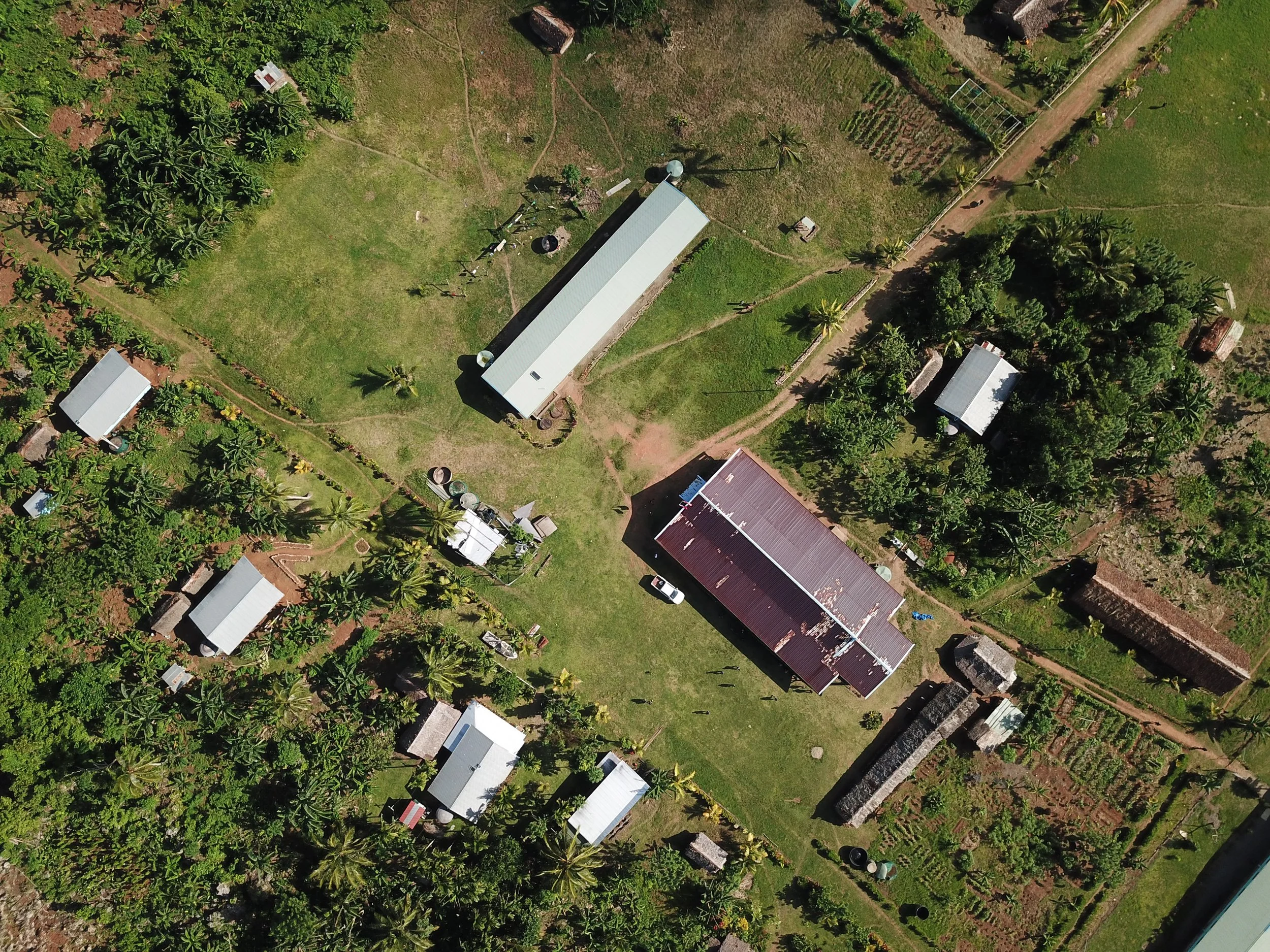Integrated hybrid power solutions, from mixed power generation and energy storage to last mile and smart distribution infrastructure for remote communities, residential, commercial and industrial areas, as well as heritage and tourism sites. All designed to empower people, catalyse growth and transform lives.
Microgrids
Microgrids
Integrated hybrid power solutions - from mixed power generation and energy storage to last mile and smart distribution infrastructure for remote communities, residential, commercial and industrial areas, as well as heritage and tourism sites. All designed to empower people, catalyse growth and transform lives.
Philippines
Microgrids that change lives and increase productivity in Palawan
Philippines
Microgrids that change lives and increase productivity in Palawan

Discover how our flagship hybrid microgrid project in Sabang, in Puerto Princesa City, in the Philippines, the Sabang Renewable Energy Corporation (SREC) has driven significant socio-economic change through strong partnerships.
These findings confirm the real impact of the Sustainable Development Goals (SDGs), showing impressive progress in a short time. SREC is transforming vulnerable communities and setting new renewable energy standards across the Philippines.


Indonesia
Contributing to the energy security of Indonesia
Indonesia
Contributing to the energy security of Indonesia


Papua New Guinea
Powering change is in progress
Papua New Guinea
Powering change is in progress


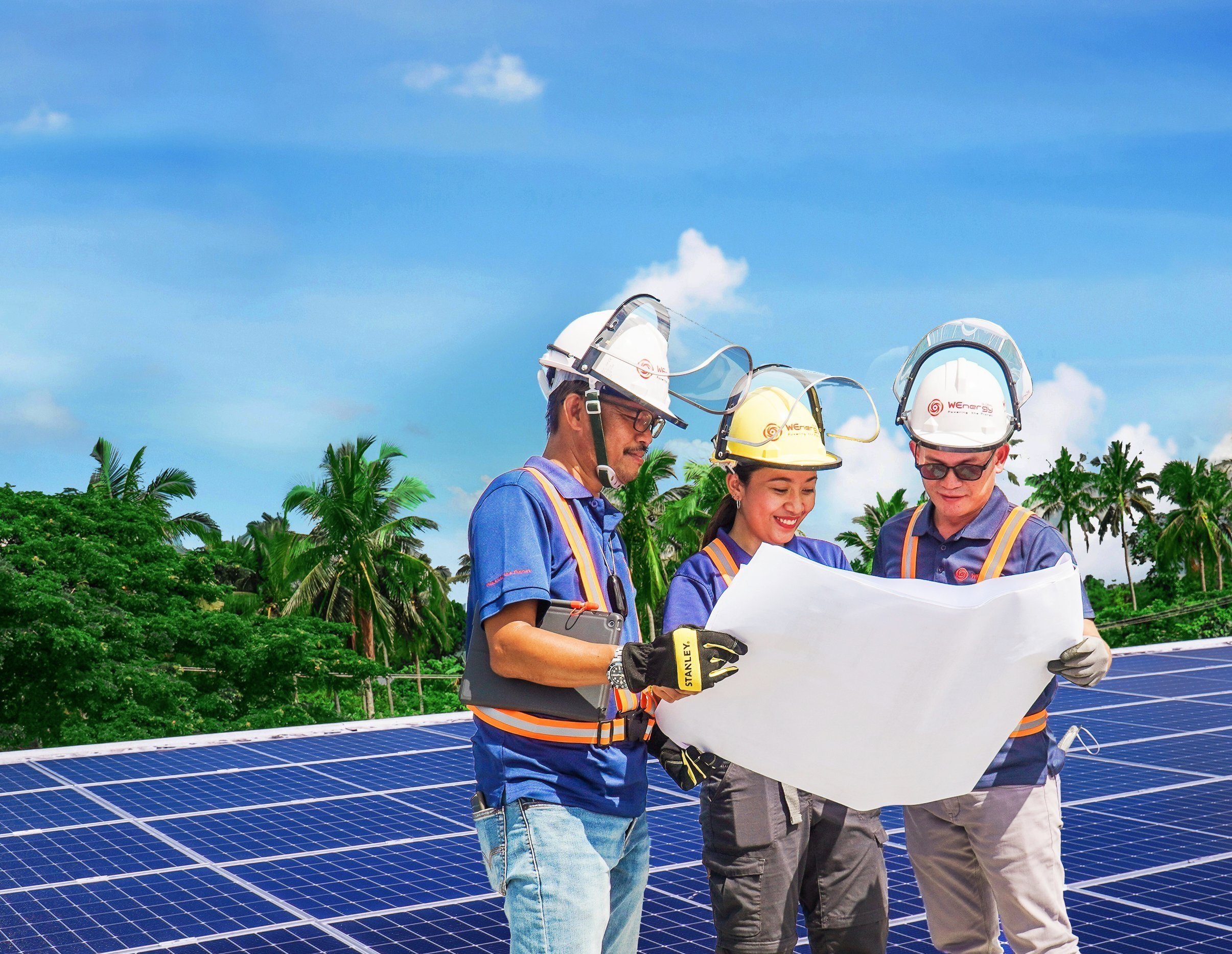
Let’s create real change
If you’re ready to make the change to more sustainable, affordable energy, let’s talk.

Let’s create real change
If you’re ready to make the change to more sustainable, affordable energy, let’s talk.








